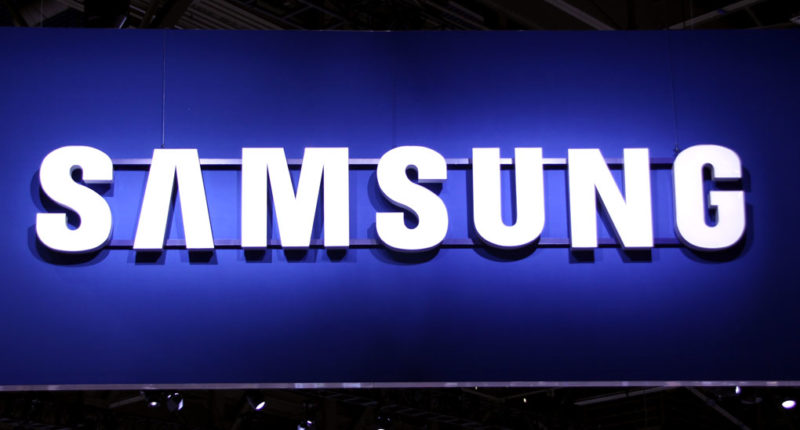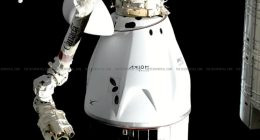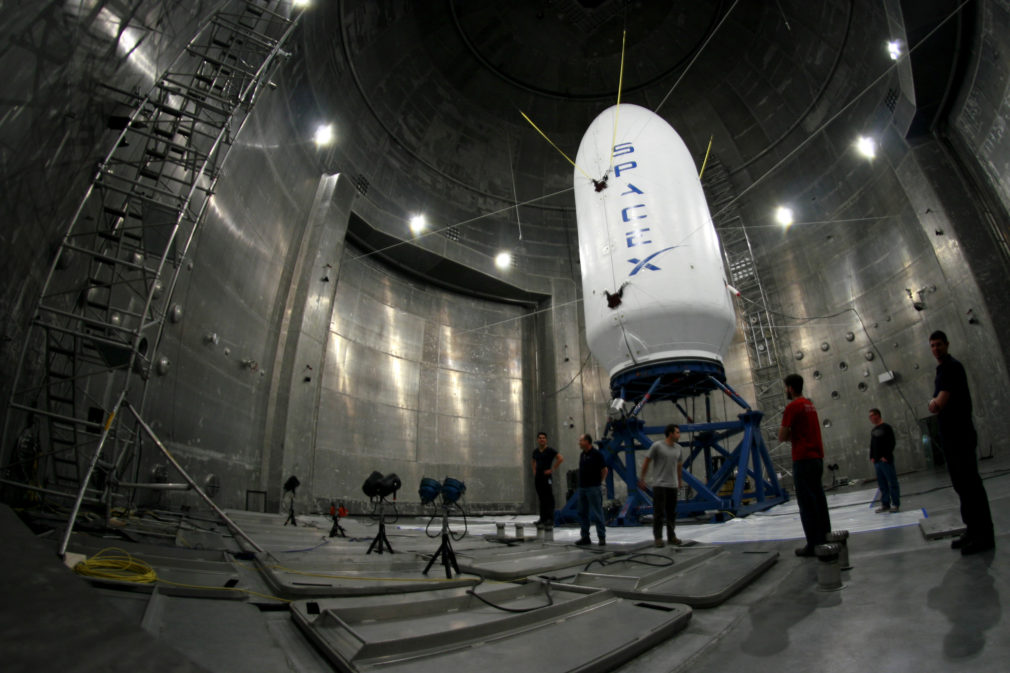$205 billion is a hefty sum, even for a company as big as Samsung. However, you can’t put a price on the future, and thus, the Korean tech giant will now invest more than a couple billion dollars for innovation in its semiconductors, biopharmaceuticals and telecommunications units over the next three years.
Samsung looks to get an edge over its competitors by enhancing its global presence and carve a niche in next-gen telecommunications and robotics.
With this, the conglomerate will hire over 40,000 people over the next three years. It will also build two new manufacturing plants for expanding the contract development manufacturing organization (CDMO) business and has set aside $154.3 billion (180 trillion won) for South Korea.
In a statement, Samsung said that this would help the company “strengthen its global standing in key industries while spearheading innovation in new fields”, adding that it will also pursue corporate acquisitions. This investment will be led by Samsung affiliates including Samsung Electronics and Samsung Biologics.
Samsung Electronics aims to develop advanced process technology and expand the business with AI and data centers for its system semiconductors.
The premier smartphone manufacturer of the world is seeking to expand its biopharmaceutical arm even as it seeks to enhance cutting-edge technologies to meet “long-term demand rather than short-term changes.”
The news comes soon after Lee Jae-Yong, Vice Chairman of Samsung Electronics, was released on parole after completing only about half of his jail term provides an answer to the speculations regarding Samsung’s plans.
The 53-year-old Lee had been imprisoned on January for resorting to bribery to win support for his formal succession at the conglomerate. However, his absence proved detrimental as business leaders and politicians called for his release following a dip in the semiconductor industry.
Something similar was echoed in Justice Minister Park Beom-kye’s statement for Lee’s early release. The Minister said that the decision was due to concerns related to the “national economic situation and the global economic environment,” and Samsung said it will massively invest into businesses designated as “nationally important.” The latest development, it seems, counts as “nationally important.”





